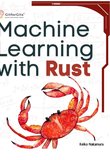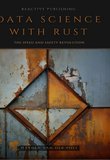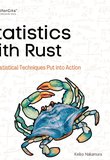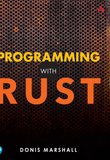-
.NET (.NET Core)
-
1C
-
APL
-
AWK
-
Agda
-
Agile/Scrum
-
Alef
-
Assembler
-
Basic
-
Beta Programming Language
-
Big Data/DataScience
-
C
-
C#
-
C++
-
CSS
-
Cobol
-
Crystal
-
D
-
Dart
-
DataBase (SQL)
-
Delphi
-
F#
-
Flutter
-
Fortran
-
GPT/AI/ИИ
-
GameDev
-
Git
-
Go (Golang)
-
HTML
-
Hacking and Security
-
Haskell
-
Java
-
JavaScript (JS)
-
Julia
-
Kotlin
-
Machine Learning (ML)
-
Natural language processing (NLP)
-
PHP
-
Pascal
-
Python
-
R
-
Ruby
-
Rust
-
Scratch
-
Swift
-
UML
-
UX/UI
-
Visual Basic
-
Wolfram
-
XML
-
АСУ
-
Проектирование/System Design
-
Сети/Network
-
Схемотехника/электронные схемы
-
.NET (.NET Core)
-
1C
-
APL
-
AWK
-
Agda
-
Agile/Scrum
-
Alef
-
Assembler
-
Basic
-
Beta Programming Language
-
Big Data/DataScience
-
C
-
C#
-
C++
-
CSS
-
Cobol
-
Crystal
-
D
-
Dart
-
DataBase (SQL)
-
Delphi
-
F#
-
Flutter
-
Fortran
-
GPT/AI/ИИ
-
GameDev
-
Git
-
Go (Golang)
-
HTML
-
Hacking and Security
-
Haskell
-
Java
-
JavaScript (JS)
-
Julia
-
Kotlin
-
Machine Learning (ML)
-
Natural language processing (NLP)
-
PHP
-
Pascal
-
Python
-
R
-
Ruby
-
Rust
-
Scratch
-
Swift
-
UML
-
UX/UI
-
Visual Basic
-
Wolfram
-
XML
-
АСУ
-
Проектирование/System Design
-
Сети/Network
-
Схемотехника/электронные схемы
Меню
Black Hat Rust
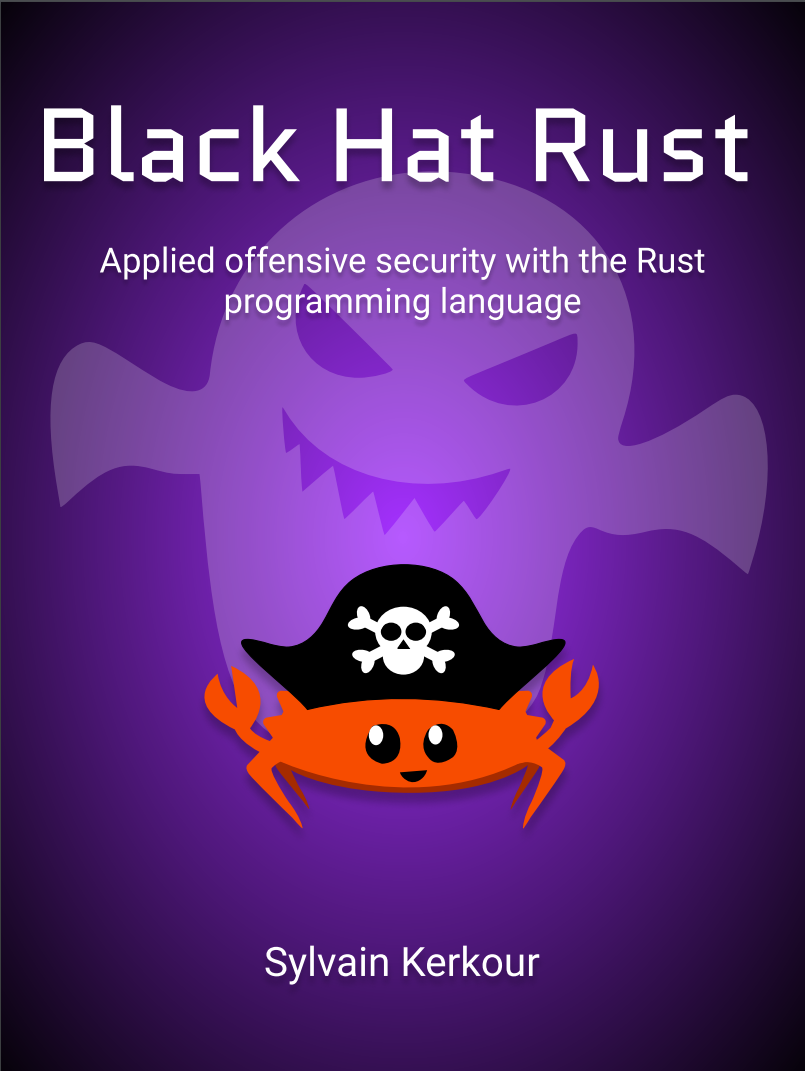
Автор: Kerkour Sylvain
Дата выхода: 2022
Издательство: Independent publishing
Количество страниц: 358
Размер файла: 3,9 МБ
Тип файла: PDF
Добавил: codelibs
Whether in movies or mainstream media, hackers are often romanticized: they are painted as black magic wizards, nasty criminals, or, in the worst cases, as thieves with a hood and a crowbar.
In reality, the spectrum of the profile of the attackers is extremely large, from the bored teenager exploring the internet to sovereign State's armies as well as the unhappy former employee.
What are the motivations of the attackers? How can they break seemingly so easily into any network? What do they do to their victims?
We will put on our black hat and explore the world of offensive security, whether it be cyber attacks, cybercrimes, or cyberwar.
Scanners, exploits, phishing toolkit, implants... From theory to practice, we will explore the arcane of offensive security and build our own offensive tools with the Rust programming language, Stack Overflow's most loved language for five years in a row.
Which programming language allows to craft shellcodes, build servers, create phishing pages? Before Rust, none! Rust is the long-awaited one-size-fits-all programming language meeting all those requirements thanks to its unparalleled guarantees and feature set. Here is why.


